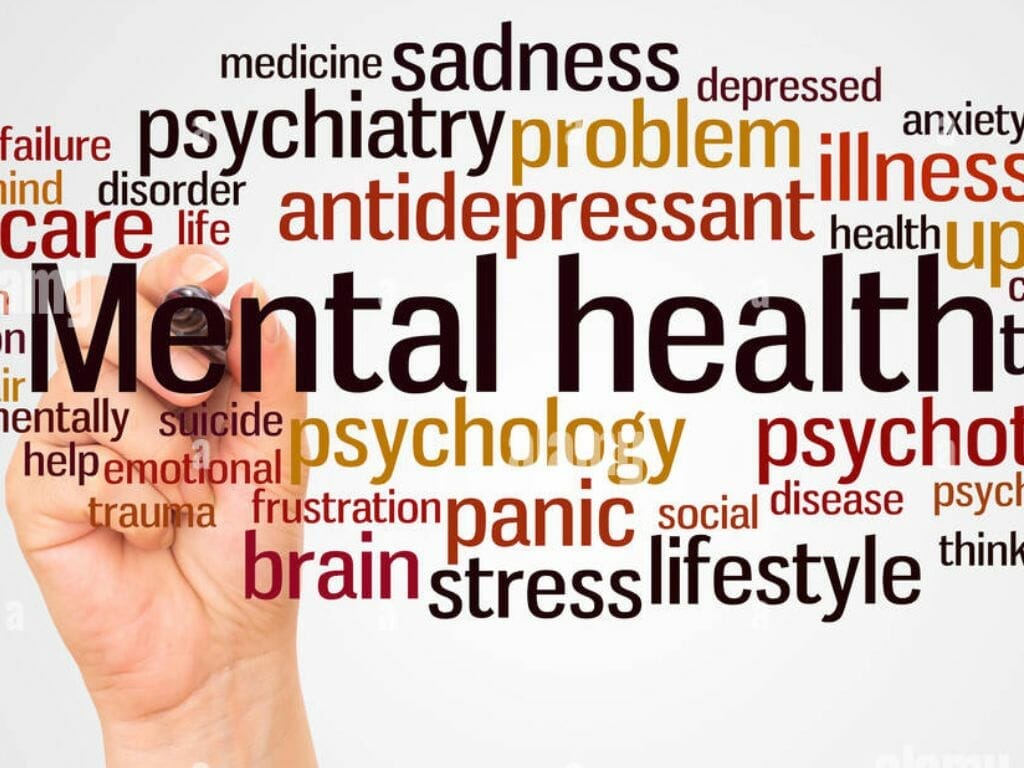10 Facts That Debunk Common Myths About Mental Health
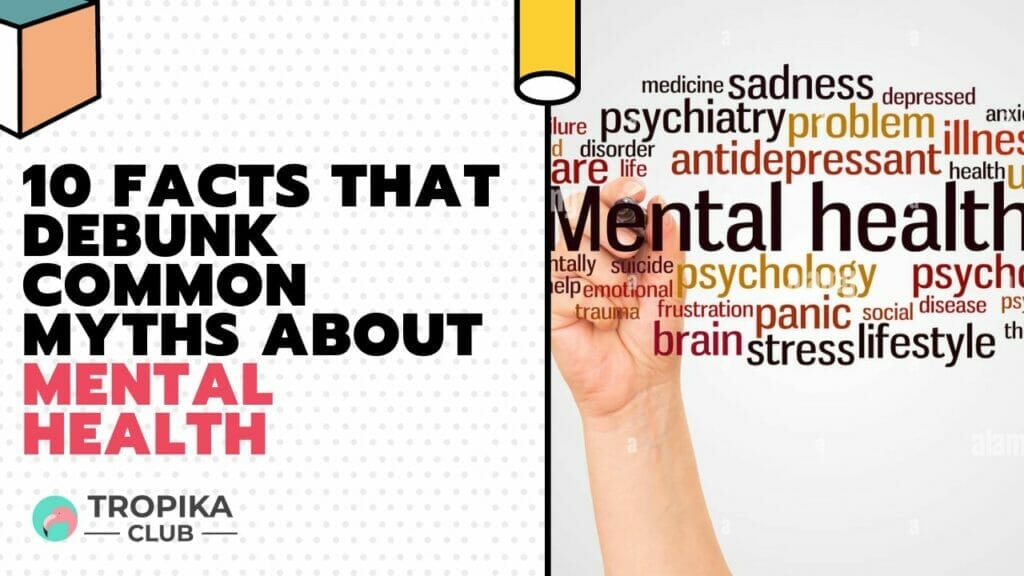
No Time to Read? Here’s a Snappy Summary of This Article
- Brain Exercise for Mood Boost: – Engaging in mental challenges, like puzzles and learning, can improve mood by stimulating neural growth and connections.
- Sugar’s Sneaky Impact: – Excessive sugar intake might not directly cause mental disorders, but it can worsen mood swings and cognitive function.
- Nature’s Stress Buster: – Spending time in green spaces reduces stress and anxiety while boosting overall mental well-being.
- Laughter’s Healing Power: – Laughter releases endorphins, lowers stress hormones, and enhances mood, making it a potent natural mood booster.
- Mindful Eating for Calm: – Practicing mindful eating can help manage emotional eating and promote better mental and physical health.
- Positive People, Better Mental Health: – Surrounding yourself with supportive, positive people can significantly improve your mental health and resilience.
Table of Contents
- No Time to Read? Here’s a Snappy Summary of This Article
- Myth 1: Mental health problems are uncommon
- Myth 2: Children don’t experience mental health problems
- Myth 3: People with mental health conditions are violent
- Myth 4: People with mental health conditions can’t work
- Myth 5: People with mental health conditions should be isolated
- Myth 6: People with mental health conditions are weak or lazy
- Myth 7: There is no hope for people with mental health conditions
- Myth 8: Therapy is only for people with serious mental health conditions
- Myth 9: Medication is the only solution for mental health conditions
- Myth 10: You can’t prevent mental health problems
- Meanwhile, Check Out Tropika Club’s Ecosystem of Websites
Introduction
Mental health is a term that encompasses our emotional, psychological, and social well-being. It affects how we think, feel, and act, as well as how we cope with stress, relate to others, and make choices. Mental health is important at every stage of life, from childhood and adolescence to adulthood and old age. However, mental health is often misunderstood and stigmatized by society. Many people have false beliefs or assumptions about mental health that can lead to discrimination, prejudice, or fear. These myths can also prevent people from seeking help or support when they need it. In this article, we will debunk 10 common myths about mental health and provide you with reliable facts and resources to help you learn more about this important topic.
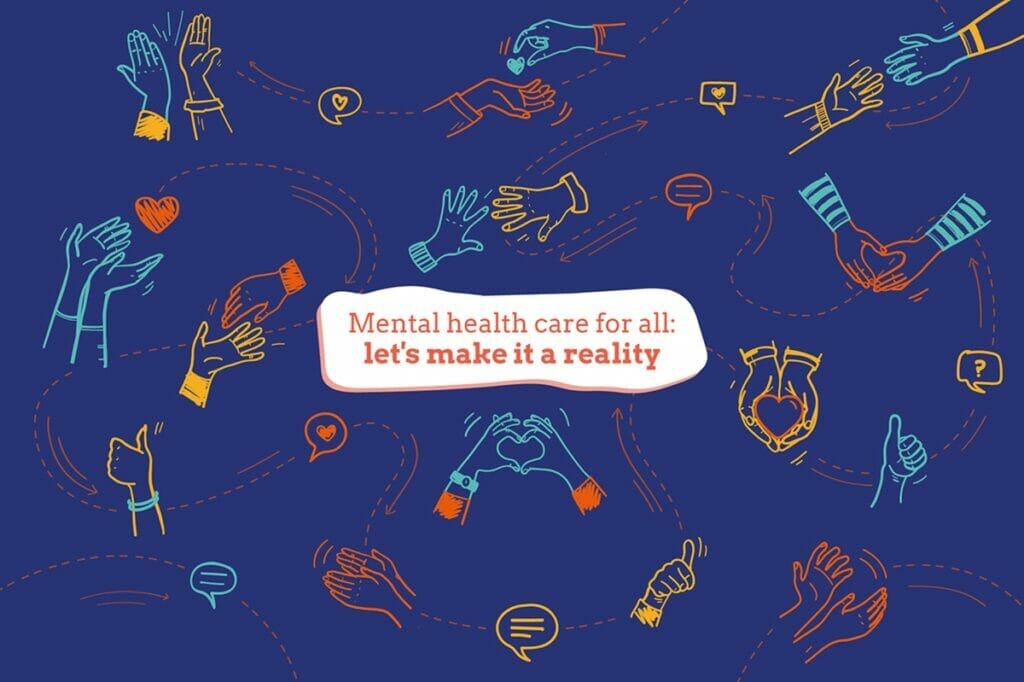
Myth 1: Mental health problems are uncommon
- Fact: Mental health problems are very common and can affect anyone. According to the World Health Organization (WHO), one in four people in the world will be affected by a mental or neurological disorder at some point in their lives. In Singapore, one in seven people has experienced a mental disorder in their lifetime. The most common mental disorders are depression, anxiety, bipolar disorder, and schizophrenia. Mental health problems can be caused by various factors, such as genetics, environment, trauma, stress, or life events.
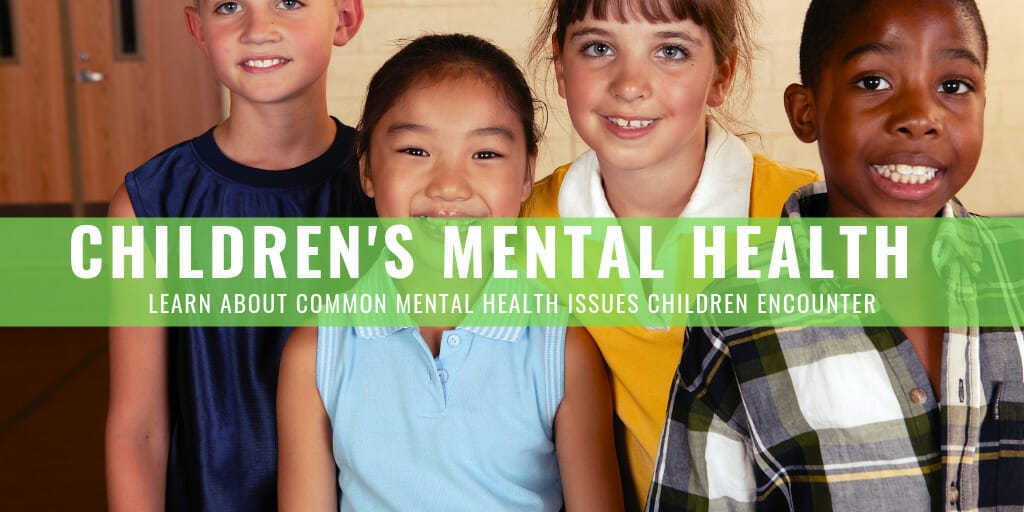
Myth 2: Children don’t experience mental health problems
- Fact: Children can also experience mental health problems, just like adults. In fact, half of all mental disorders begin by the age of 14. Some of the signs and symptoms of mental health problems in children include mood swings, behavioral changes, difficulty concentrating, poor academic performance, withdrawal from social activities, or physical complaints. If left untreated, mental health problems in children can affect their development, learning, relationships, and future prospects. Therefore, it is important to seek professional help as soon as possible if you notice any signs of distress in your child.

Myth 3: People with mental health conditions are violent
- Fact: People with mental health conditions are more likely to be victims of violence than perpetrators. There is no evidence that mental illness causes violence or that people with mental illness are inherently dangerous. In fact, most violent crimes are committed by people who do not have any diagnosed mental disorder. The media often portrays people with mental illness as violent or unpredictable, which creates fear and stigma in the public eye. However, the reality is that people with mental illness are more likely to harm themselves than others.

Myth 4: People with mental health conditions can’t work
- Fact: People with mental health conditions can work and contribute to society just like anyone else. Many successful people have lived with or overcome mental health challenges, such as Abraham Lincoln, Winston Churchill, Oprah Winfrey, J.K. Rowling, and Beyoncé. Having a mental health condition does not mean that a person is incapable or incompetent. With proper treatment and support, people with mental health conditions can recover and achieve their goals. Moreover, employers can benefit from hiring people with diverse perspectives and experiences who can bring creativity and innovation to their workplaces.

Myth 5: People with mental health conditions should be isolated
- Fact: People with mental health conditions need social support and inclusion more than ever. Isolation can worsen the symptoms of mental illness and increase the risk of suicide. On the other hand, social connection can promote recovery and well-being by providing emotional support, practical help, and a sense of belonging. People with mental health conditions deserve respect and compassion from their families, friends, and fellow associates.

Myth 6: People with mental health conditions are weak or lazy
- Fact: People with mental health conditions are not weak or lazy. They are not to blame for their illness or their symptoms. Mental illness is not a sign of personal failure or a lack of character. It is a medical condition that requires treatment and care, just like any other physical illness. People with mental health conditions face many challenges and barriers in their daily lives, such as stigma, discrimination, lack of access to services, or social isolation. They show courage and resilience by coping with their condition and seeking help when needed.
_
Read Also:
How Exercises can Lift Your Spirits
_

Myth 7: There is no hope for people with mental health conditions
- Fact: There is hope for people with mental health conditions. Recovery is possible and achievable for everyone. Recovery does not necessarily mean a complete cure or a return to the previous state of functioning. Rather, recovery means living a fulfilling and meaningful life despite the challenges of mental illness. Recovery is a personal and unique journey that involves finding hope, empowerment, self-determination, and support. Recovery is influenced by many factors, such as medication, therapy, peer support, family involvement, education, employment, and community participation.
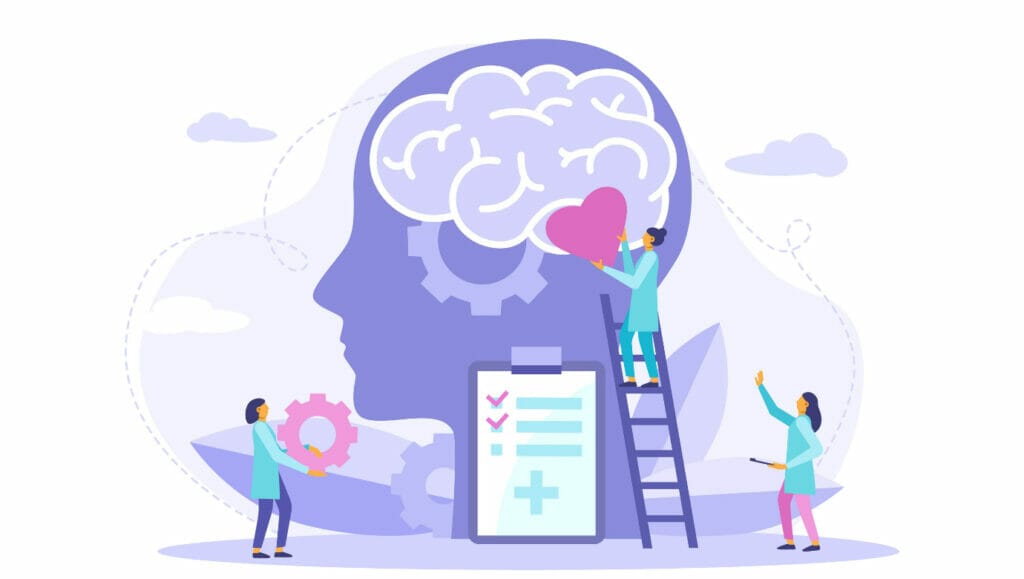
Myth 8: Therapy is only for people with serious mental health conditions
- Fact: Therapy is for everyone who wants to improve their mental health and well-being. Therapy is not only for people with serious mental health conditions or crises. Therapy can help anyone who is dealing with stress, anxiety, depression, grief, trauma, relationship issues, or any other emotional or psychological problem. Therapy can provide a safe and confidential space to explore one’s feelings, thoughts, and behaviors, and to learn coping skills and strategies to overcome challenges. Therapy can also enhance one’s self-esteem, confidence, and happiness.

Myth 9: Medication is the only solution for mental health conditions
- Fact: Medication is not the only solution for mental health conditions. Medication can be an effective and helpful tool for some people with mental health conditions, but it is not a magic bullet or a one-size-fits-all approach. Medication works differently for different people, depending on their diagnosis, symptoms, preferences, and side effects. Medication should be prescribed by a qualified professional and taken as directed. Medication should also be combined with other forms of treatment and support, such as therapy, peer support, lifestyle changes, or complementary therapies.
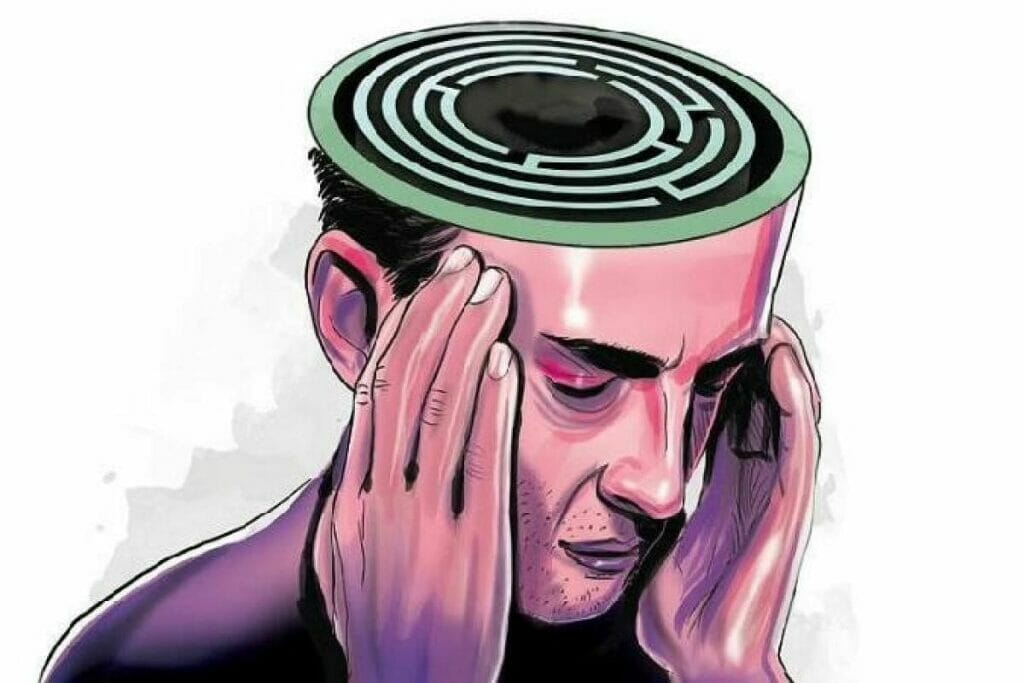
Myth 10: You can’t prevent mental health problems
- Fact: You can prevent mental health problems by taking care of your mental health and well-being. Prevention means reducing the risk factors and enhancing the protective factors that influence your mental health. Some of the risk factors that can increase your vulnerability to mental health problems include genetic predisposition, trauma, abuse, neglect, poverty, discrimination, or social isolation. Some of the protective factors that can boost your resilience and well-being include positive relationships, social support, coping skills,
Conclusion
Mental health is a vital aspect of our well-being, but it is often surrounded by myths and misconceptions that can hinder our understanding and acceptance of it. In this article, we have debunked 10 common myths about mental health and provided you with reliable facts and resources to help you learn more about this important topic. We hope that by reading this article, you have gained a better insight into mental health and its impact on our lives. Remember, you are not alone, and there is always help available. If you or someone you know is struggling with mental health issues, please reach out to a professional or a trusted person. Thank you for reading this article and stay healthy and happy!

Frequently Asked Questions (FAQ)
1. Q: Can sugar directly cause mental disorders?
A: No, excessive sugar intake doesn’t directly cause mental disorders, but it can exacerbate mood swings and cognitive function issues.
2. Q: How does spending time in nature benefit mental health?
A: Spending time in green spaces reduces stress and anxiety while enhancing overall mental well-being.
3. Q: What’s the link between laughter and mental health?
A: Laughter releases endorphins, lowers stress hormones, and improves mood, serving as a potent natural mood booster.
4. Q: Can brain exercises improve mood?
A: Engaging in mental challenges like puzzles and learning can indeed enhance mood by stimulating neural growth and connections.
5. Q: How do supportive people affect mental health?
A: Surrounding yourself with supportive, positive individuals can significantly improve your mental health and resilience.
6. Q: Can mindful eating help with mental health?
A: Yes, practicing mindful eating can manage emotional eating and promote better mental and physical health.

Have an Article to Suggest?
Tropika Club is always looking for new and exciting content to feature in their magazine and they value the input of our readers. If you have any noteworthy content or articles that you believe would be a great addition to Tropika Club’s magazine, we are open to suggestions and encourage you to reach out to us via email at [email protected]. By doing so, Tropika Club values your expertise and knowledge in the matter and appreciates your willingness to help. We will review your recommendations and update our list accordingly
Meanwhile, Check Out Tropika Club’s Ecosystem of Websites

Tropika Club Magazine – Tropika Club Magazine is a Singapore-based publication that features articles on a wide range of topics with a focus on local businesses and content for the region. The magazine emphasizes supporting local businesses through its #SupportLocal initiative, which includes coverage of everything from neighborhood hawker stalls to aesthetic clinics in town. In addition to highlighting local businesses, Tropika Club Magazine also covers a variety of local content, including beauty, lifestyle, places, eats, and what’s on in Singapore and the Asia Pacific region.
Tropika Club Deals – Tropika Club Deals is a leading online deals and voucher shopping site in Singapore, offering amazing discounts on beauty, wellness, and fitness products and services. It’s the perfect platform for customers who want to discover the best deals without having to commit to a specific appointment date and time. These deals are available at major beauty stores, facial salons, hair salons, and other brands in Singapore, with no minimum spend required. Choose from guaranteed discounted deals in the categories of hairstyling, hair removal, facial & aesthetics, body slimming, brows & lashes, nails & makeup, massage & spa or fitness & wellness. Tropika Club Deals is also ideal for customers who want to buy vouchers as gifts or to use for the future. So whether you’re looking to save money on your next haircut or want to treat yourself to a relaxing massage, Tropika Club Deals has got you covered with the best voucher and coupon deals in Singapore!



